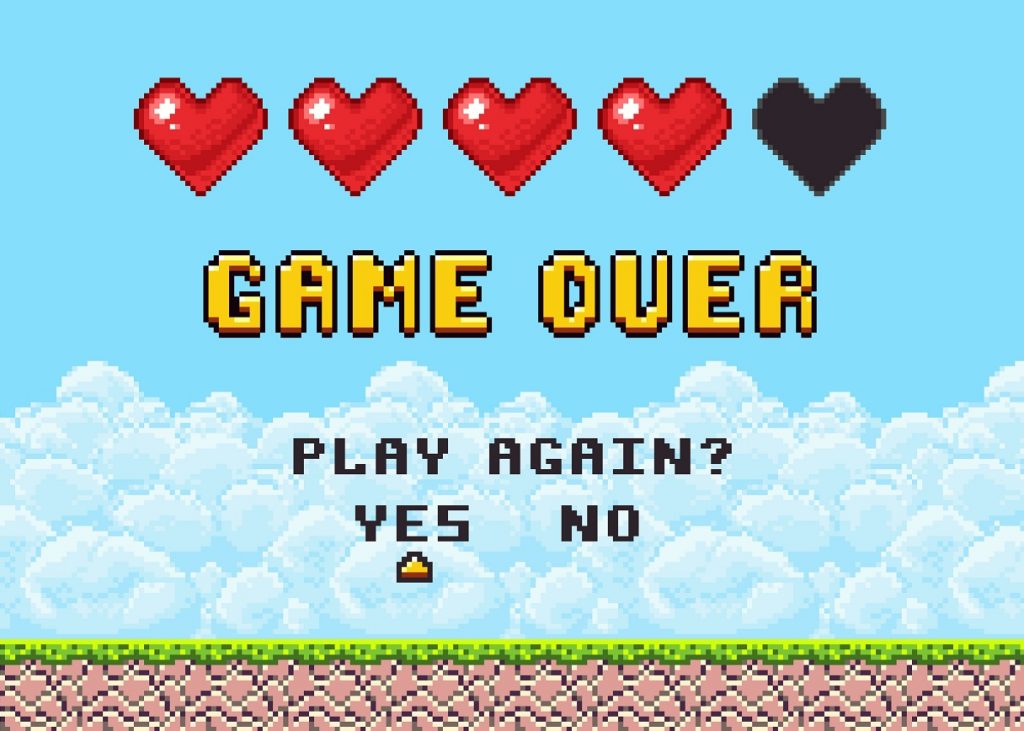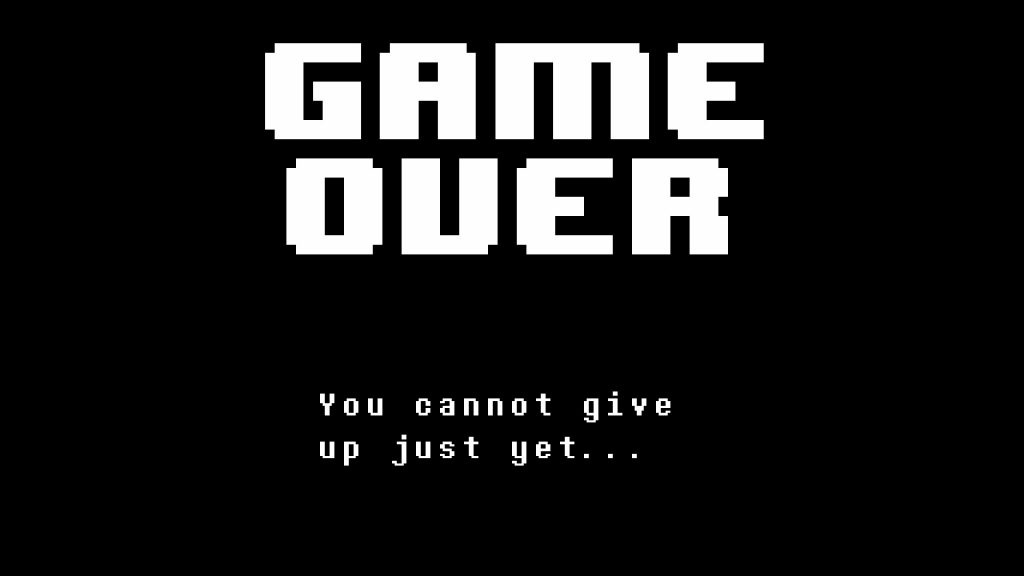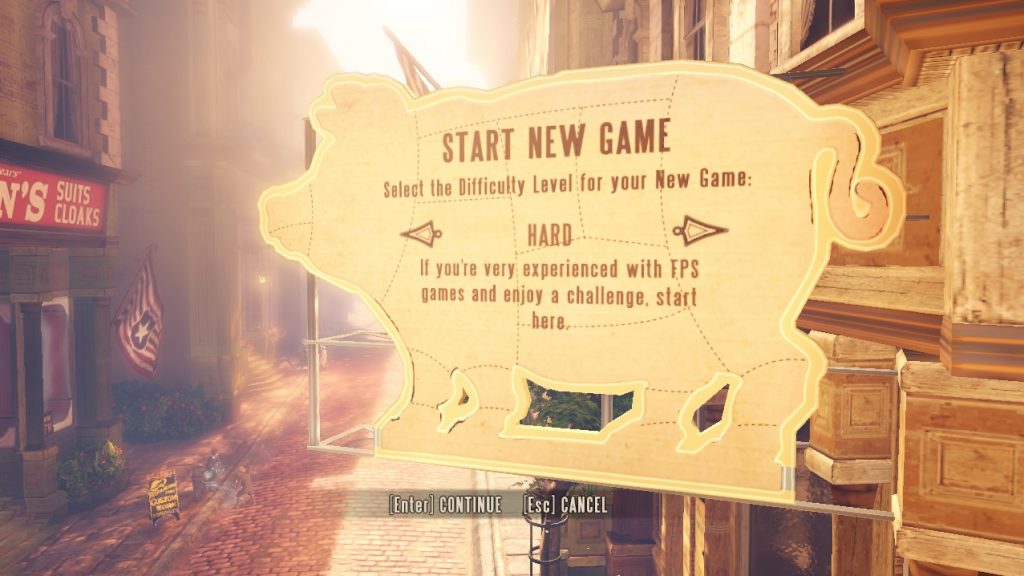Written by Paul Gestl
We all know the worn-out descriptor for a game being challenging is when it’s dubbed “The Dark Souls of X.” Many gamers groan at this statement, but the fact remains, that kind of reputation is well-earned for games that do have a hard mode. In a sense, Dark Souls is a game that knows how to do difficulty the right way.
To elaborate, Dark Souls has just the right amount of challenging gameplay. Let’s take a look at the ways that games are made more difficult. In all the games I’ve seen, there are 3 methods that videogames employ to raise the difficulty level: They are the Number Changes, AI Scaling, and Challenge Conditions.
Let’s address Number Changes first. Those are the adjustments to a game’s code that make enemies deal more damage, give the players lower defense, or make the enemies higher leveled. Nothing as far as how the enemy acts changes, but their modifiers and stats are altered.
(In some cases, like in puzzle games, it just removes the easier puzzles, replacing them with ones that are more challenging.)
Number Changes are very common among RPGs since those depend on turn-based systems and linear stat-building. They are a much more challenging obstacle to overcome for simplistic styles that lends itself well to grinding and possibly RTS gameplay.
Next, let’s take a look at AI Scaling. This is frequently seen in fighting games that factor in fairness, such as on multiplayer campaigns so as to not give one side a clear advantage. A balanced AI pits the players against the game but is otherwise scaled to match a player’s abilities, given that they need to be on equal footing with the game.
AI Scaling rewrites the enemy’s coded responses, altering their actions when dealing with the player. It causes the game to remove any limits that were implemented for the player’s sake and makes the AI program faster, smarter, and in general tougher. The computer doesn’t punch harder, it just has more opportunities to counter the player.
The last form of difficulty found in games is known as the Challenge Conditions. And these are the most harrowing roadblocks players have to overcome. These games don’t alter the enemy code or anything about the system. Nevertheless, an additional layer of difficulty is stacked upon the player.
The two most common Challenge Conditions are the “1-Save” or the “1-Hit KO” hard modes. A 1-save mode allows the player to play the game, as usual, except they only have a single save slot to use, making them unable to take back choices and forcing players to live with the consequences of their mistakes.
1-Hit means that the player goes through the game, but with only one life left, expecting the player to have an absolutely perfect reaction time and skill or else they will fail. These “Sudden Death” modes change one aspect of the normal game and with that simple change, ramps up the difficulty two-fold.
And now to address my title, and how Dark Souls exemplifies hardcore gaming. Even if a game uses only one of the three difficulty changes I’ve mentioned, it doesn’t mean they are unbeatable. To beat any game, all we need is a few more hours of our time.
Besides Patches and DLCs, most games are set in stone. Aside from the difficulty changes inherent to the game, it doesn’t get any harder to beat, and the more we play it, the better we become at facing encounters. Completing Dark Souls is a prime example of how this idea works.
Dark Souls is an extremely hard game with bosses that can kill you in 1-3 strikes. Fortunately, it lets you try again until you finally overcome these bosses. As you fight them over and over, you become more familiar with their movement patterns, and you begin to recognize which weapons work on them.
Eventually, you memorize their moves and you know enough about controlling your character to avoid the attacks. This method of adapting to difficulty over time is second nature to a Dark Souls player. I don’t believe a single person who has played Dark Souls started out with perfect reflexes–they had to accrue these abilities over time.
Difficulty at its core is just a factor that forces players to put more time into learning the game’s mechanics. Players who start on hard mode might feel as though the game is impossible to win, and rage quit out of frustration, but I think most people will agree that if a player invested 1000 hours into a game that player is now technically a pro.
So if a game is giving you trouble, take comfort in knowing that the more you play, the better the chance you’ll have at winning. If you are the type who adjusts the difficulty around just to cheese “this one cheap as hell boss fight,” then don’t feel bad just because you want to save a bit of time, even at the expense of earning achievements on the highest difficulty level.


